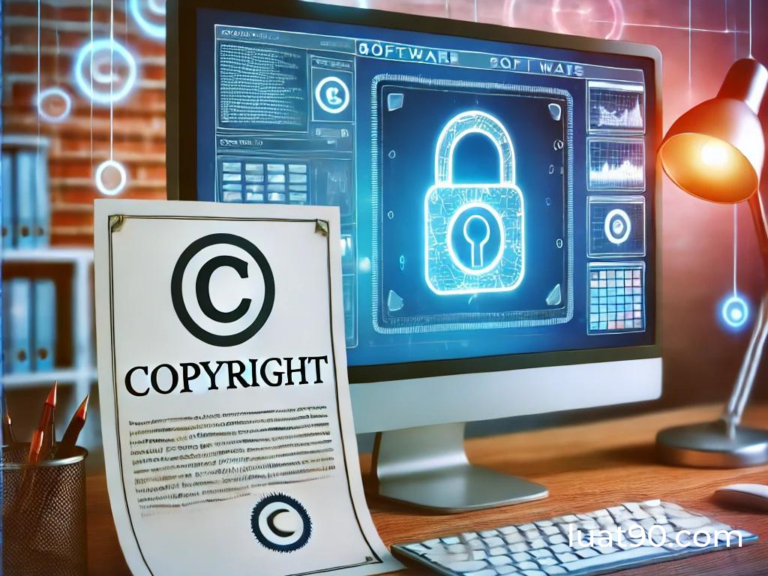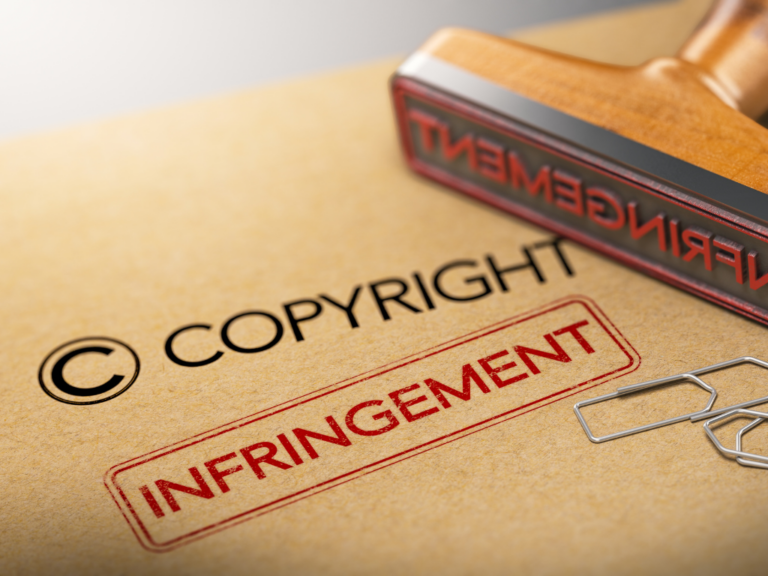Call us now:
How is the Act of Illegally Copying Works Handled in Vietnam? The act of illegally copying works in Vietnam is handled through various perspectives depending on the context and manner of the violation.

What is Copying Works?
In the context of copyright law, copying works refers to creating one or more copies of a work that is protected by copyright. Copying can include a range of forms from duplicating the entire work to copying a small part of it and can be done through various means including, but not limited to, printing, digitizing, recording, or converting to a different format.
Copying of works can be either legal or illegal.
Who Has the Right to Copy Works Without Permission or Payment in Vietnam?
In Vietnam, intellectual property law includes specific provisions on the right to copy works without needing to seek permission or pay the copyright owner. Here are some exceptions and limitations provided by the Intellectual Property Law of Vietnam allowing for the copying of works without permission:
- Purpose of Research and Personal Study: Individuals may copy works for the purpose of personal study or research without commercial intent.
- Quotation for Illustration: Quoting a part of a work in another work for the purposes of commentary, criticism, or illustration, provided that the quotation does not exceed the necessary extent and the source is clearly cited.
- Use for Public Service Activities of the State: Copying works for the purpose of dealing with emergencies or national security without commercial intent.
- Use for Information Reporting Purposes: Copying and disseminating works in the mass media for news purposes not intended for commercial use, with the condition that the source must be clearly stated.
- Copying at Libraries and Archives: Copying works by libraries and archives for the purposes of research or preservation, provided it is not for commercial purposes.
- Copying for the Disabled: Disabled persons or their caretakers have the right to copy works for the personal use of the disabled individual without commercial intent.
It is important to note that these exceptions and limitations have specific conditions and limits. The use of works must comply with legal regulations and must not harm the legitimate interests of the author or copyright owner. For all specific cases not covered by these conditions, copying works still requires consent and/or a copyright agreement from the copyright owner.
How is the Act of Illegally Copying Works Handled in Vietnam?
In Vietnam, the act of illegally copying works, infringing on copyright and related rights, is strictly dealt with according to the regulations of the Intellectual Property Law and the accompanying legal documents. Handling of violations can include civil, administrative, and criminal measures depending on the severity of the violation.
1. Civil Measures
- Compensation for Damages: The violator may be required to compensate the copyright owner, including both material and moral damages.
- Cease the Infringing Activity: The court can issue a decision to immediately stop the infringing activities.
- Destruction and Recovery of Illegal Copies: Destroy and/or recover the infringing products and goods.
2. Administrative Measures
- Monetary Fines: Those who copy works illegally can be subjected to administrative fines ranging from 15 million to 35 million VND depending on the severity of the violation as per Article 18 of Decree No. 131/2013/ND-CP dated October 16, 2013, by the Government.
- Confiscation of Infringing Goods: Confiscate copies of the works and the means used to make illegal copies.
- Revocation of Business License: In severe cases, the business license of the violating organization or business can be revoked.
3. Criminal Measures
Criminal Liability: For serious violations that cause significant damage to the owner of the rights, the violator can be held criminally liable, which may lead to imprisonment.
Contact Us Now:
DCNH LAW
Address: 38B Tran Nhat Duat, Phuoc Hoa ward, Nha Trang city, Khanh Hoa province, Vietnam.
Phone: (+84) 343320223 – 974278893
Email: dcnh.law@gmail.com




